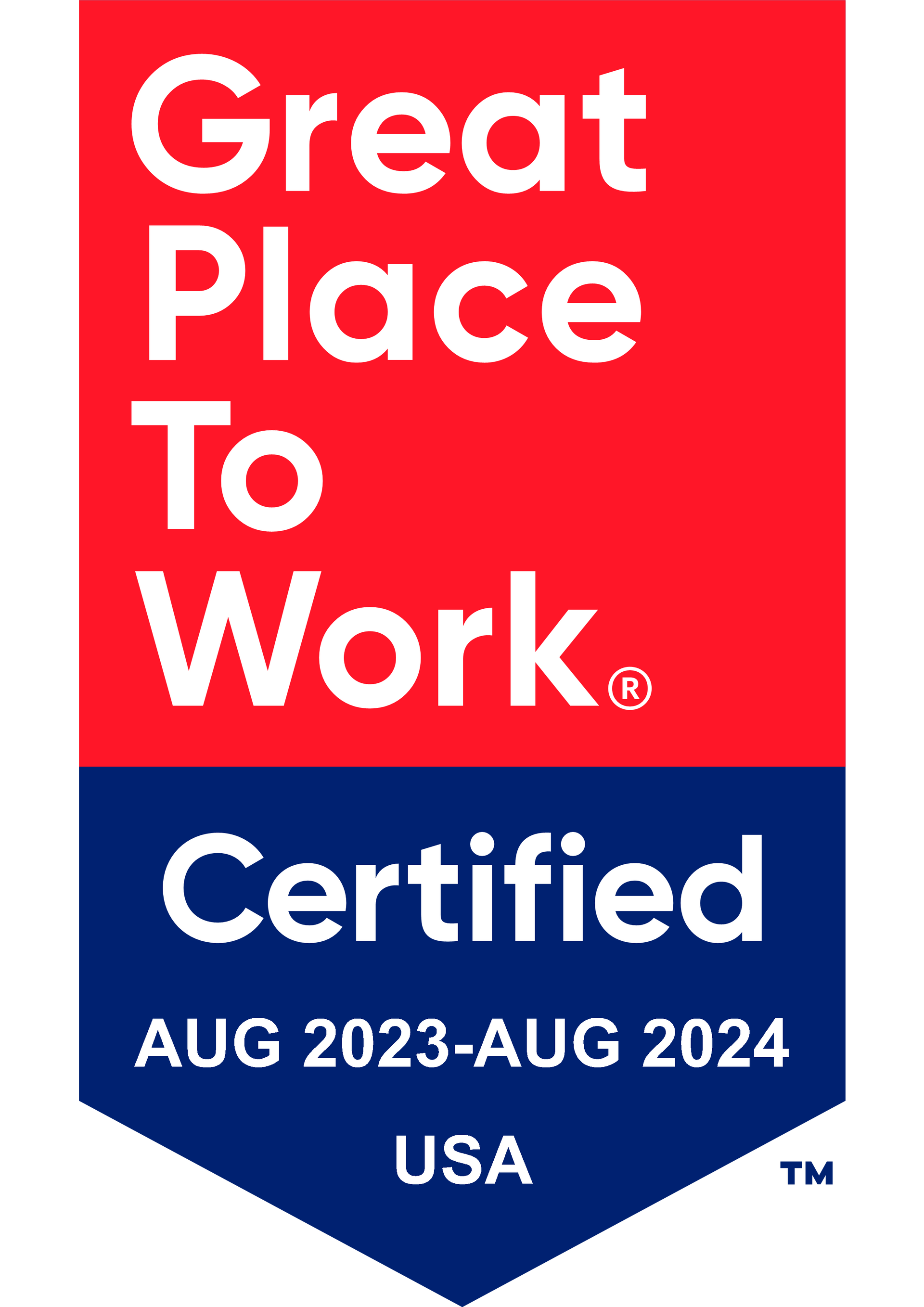Get in touch
408-366-8880
mymail@mailservice.com

What to Know About Small Business Employee Benefits Packages

In today's competitive job market, employee benefits packages play a pivotal role in attracting and retaining top talent. This importance has only grown since the COVID-19 pandemic, which has shifted employee priorities, often valuing comprehensive benefits over higher salaries. For small businesses, constructing an effective benefits package is not just a perk; it's a strategic tool essential for long-term success. Let’s review the most effective aspects of a small business employee benefits package. Speak with a KBI Benefits agent today for personalized assistance.
What to Know About Small Business Employee Benefits Packages
An employee benefits package is more than just a salary. It includes various perks and advantages offered by employers, ranging from health insurance to flexible working arrangements. While larger companies might offer a broad spectrum of benefits, small businesses need to carefully select which benefits to provide, balancing employee needs with budget constraints.
Key Components of a Benefits Package
If you’re building your small business employee benefits package, here are the key features to include to stand out to potential employees:
Health Insurance: Despite company size, offering health insurance can significantly impact employee satisfaction and retention. It’s often seen as a must-have by many employees.
Retirement Plans: Including a 401(k) plan, possibly with employer matching, helps employees feel secure about their future.
Paid Time Off (PTO): Small business employee benefits such as vacation days, personal days, and sick leave are highly valued by employees, promoting a healthy work-life balance.
Dental and Vision Insurance: These are considered standard parts of a benefits package, helping cover everyday health needs that can otherwise lead to significant expenses.
Emerging Trends in Employee Benefits
Since the pandemic of 2020, there has been a notable shift in the types of benefits employees value:
Healthcare Savings Accounts (HSAs): HSAs are becoming popular as they provide a way to save tax-free money for medical expenses, making high deductible health plans more attractive.
Mental Health Support: The increasing awareness and destigmatization of mental health issues have prompted more companies to include mental health services in their benefits, such as Employee Assistance Programs (EAPs) and access to counseling.
Flexible and Remote Work Arrangements: The pandemic accelerated the adoption of flexible work schedules and remote work capabilities, which are now often expected by employees. Not only is this beneficial for work-life balance, but it also increases the chances that employees will push through mild sickness to remain productive instead of calling off.
Legal Considerations
Small business employee benefits packages must also include legally mandated benefits, which vary depending on state and federal laws but generally include:
Worker’s Compensation: This insurance is mandatory for covering employees who get injured on the job.
Unemployment Benefits: Employers are required to participate in this program, which provides temporary financial assistance to eligible former employees.
Family Medical Leave Act (FMLA): Qualifying employees are entitled to unpaid, job-protected leave for specified family and medical reasons.
Improving Employee Financial Wellness
To stand out, some businesses might offer unique perks that align with their culture and values, such as:
On-site Childcare: This can be a significant benefit for working parents.
Pet-friendly Workplaces: Allowing pets at work can enhance the work environment and reduce stress.
Wellness Programs: Initiatives like fitness memberships, health screenings, and wellness challenges can improve overall employee health and reduce healthcare costs.
Conclusion
For small businesses, an effective employee benefits package is not just about the traditional perks. It’s about understanding the evolving needs of the workforce and responding in a way that supports the health and well-being of employees while aligning with the company’s capabilities and culture. By carefully selecting and managing these benefits, small businesses can compete effectively for top talent, even in a challenging market.
If you’re ready to optimize your small business employee benefits package and save up to 40% on total cost,
speak with a KBI Benefits agent today for assistance from a veteran employee benefits agent.
Services
Latest Thinking



